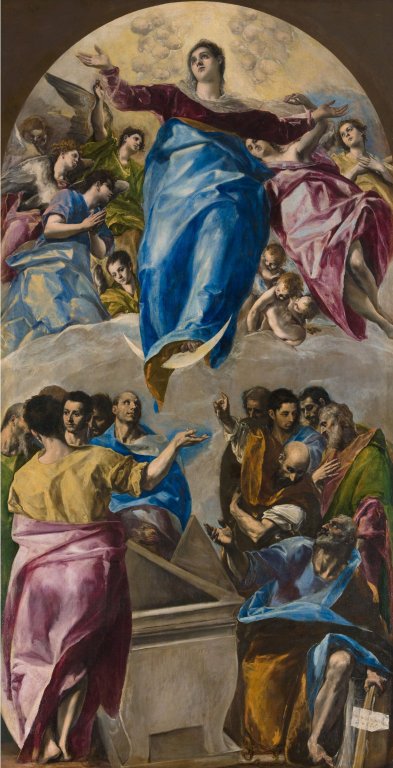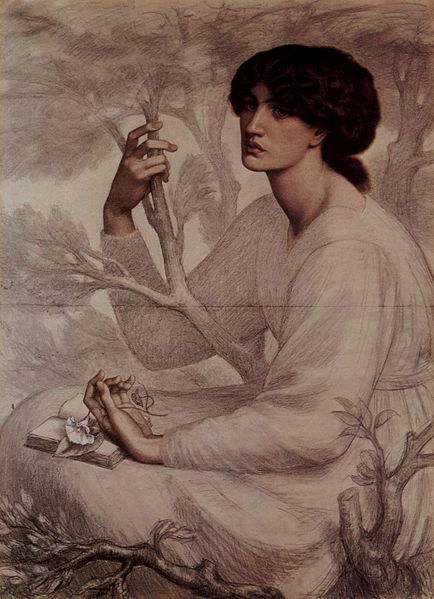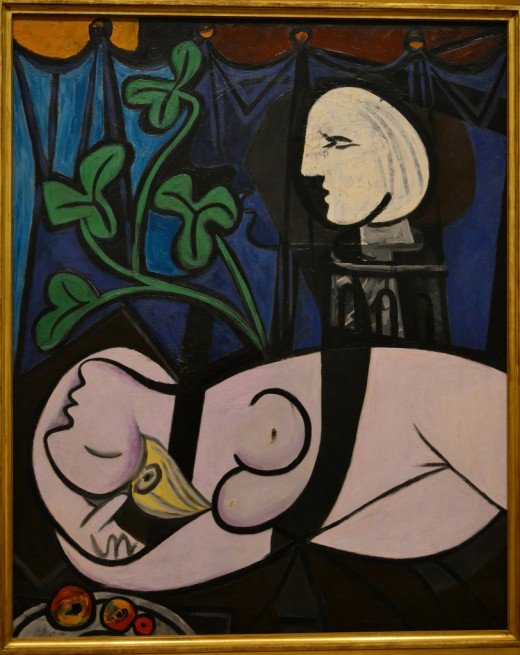Do you think there is an exaggeration in this title? Does it frankly smell yellow?
In fact, there is no deception here. I promise you that after reading this article, you will take a pen, a piece of paper, sit back and start writing exactly like Leo Tolstoy, an outstanding Russian classic.
Or do you prefer Balzac? Shakespeare? It doesn't matter — any writer.
Except that there may be some problems with Arabic and Chinese authors.
Or rather — Pablo Diego Jose Francisco de Paula Juan Nepomuceno Maria de los Remedios Cipriano de la Santisima Trinidad Martin Patricio Ruiz and Picasso. Damn, I couldn't deny myself the pleasure of writing his name in its entirety!
What do we know about him?
A great man, the founder of Cubism, the most "expensive" artist in the world. For example, his work "Nude, green Leaves and Bust" was sold in 2013 for $155 million!
Talent and genius? Undoubtedly! Originality itself? Uh, not really.
It is well known exactly how Picasso developed his unique style. His father, art teacher Jose Ruiz Blasco, believed that true mastery comes only after long hours of copying the great masters of the past. Little Pablo copied a variety of artists. I'm sure that's where his hitherto unlike style came from.
Bad artists copy. Good artists steal. Pablo Picasso
Picasso copied this:

And this is:

And in the end I drew this (at a cost of $155 million):

Do you see the similarity? I'm not.
Besides Picasso, hundreds of famous people started with copying. From other artists it is Van Gogh and Michelangelo, for example.
And if we return to writing, then there are plenty of examples here. Benjamin Franklin learned to write by manually copying newspaper articles that he liked. Shakespeare is accused of plagiarism altogether.
Separately, it is worth mentioning Dan Kennedy, an entrepreneur, a multimillionaire, considered the most expensive copywriter in the world. When Dan was just starting out, his mentor, another great copywriter, Gary Halbert, forced him to rewrite his successful promotional letters. Over and over again. Right now, a promotional letter written by Dan will cost you $100,000.
As you have already understood, a simple (but not easy) way to learn how to write is to copy by hand the best authors. Sentence by sentence. Line by line.
It's not for nothing that we are called copywriters. Unknown forum member
It is unwise to rewrite everyone in a row. Choose only those whose style you like the most. In addition, it is desirable (but not necessary) to rewrite texts of the same format that you plan to write yourself. If these are books, then copy the books. If the articles are small notes from magazines, newspapers and blogs.
I will give my own example.
A year ago, I started a blog about personal effectiveness. I always wrote pretty badly, and therefore I firmly decided to improve my "style" so as not to embarrass myself in front of subscribers. Among other exercises, I also started copying manually. What did I copy? I immediately decided that I wanted to write in a light, slightly humorous and bold way. And I also write concisely – no more than 5000 characters usually. Having set these criteria, I chose the following authors:
Someone may notice that not all of these people are classics of literature. Yes, but this is not required! The important thing is that I like to read these authors, whatever they write about. In addition, the last three often write in my format, and Alex Exler is a very popular blogger (although I also recommend his books).
By the way, the style of modern Internet writers is not only letters, lines and paragraphs. These are also emoticons, pictures and links. All this is also worth watching.
Friends, I would be very grateful if you write your favorite columnists in the comments. Maybe they would be suitable for my collection.
Many critics of the method focus on this. Like, you hope for muscle memory, but this will only make you a soulless writing machine that only knows how to punctuate correctly.
I disagree.
Muscle memory is not the main thing in this method. In the process of copying, previously invisible connections, motives and techniques are revealed to me. I'm starting to feel the structure of sentences and paragraphs.
For example, I notice that the author has violated the simplest rule that is described in all textbooks for novice writers. Let's say he wrote an explicit tautology. Why did he do it? It is clear that this error is not accidental. What did the author want to convey in this way?
I'm thinking about all this while my hand is writing the words.
The most difficult thing, by the way, is not to turn off the brain. He's always trying to throw copying into the background, and he starts thinking about anything except text. Copying must be conscious.
Next, I will dispel popular doubts.
Will be.
You are unique. Your experience and your character are unique. If you mix several other styles with this, then the resulting cocktail can "shoot into the head" of your reader. Or maybe not. At least, Picasso copying the early masters did not prevent him from becoming not just a cool artist, but also inventing a completely new style in painting.
Yes, from the outside it seems boring to sit and stupidly rewrite for hours. But everything changes when you take a pen. You begin to notice so many small details and "interesting things" that sometimes willy-nilly you stop and study what you have written intently.
Reading is very important. But it's still different. When I read, I quickly get carried away with what I've written. Pictures are drawn in my head: people, terrain, emotions, etc. I just don't have time (or forget) to pay attention to HOW the author writes.
I recently came across a writers' forum where this method was hotly discussed. The writers were divided into 2 camps: some considered this method reasonable, while others considered it a waste of time or even harmful. Yes, it just caught my eye that the method was criticized mainly by people who had never tried it.
And what do you say? Have you tried copying the classics? Does that make sense? Write in the comments!